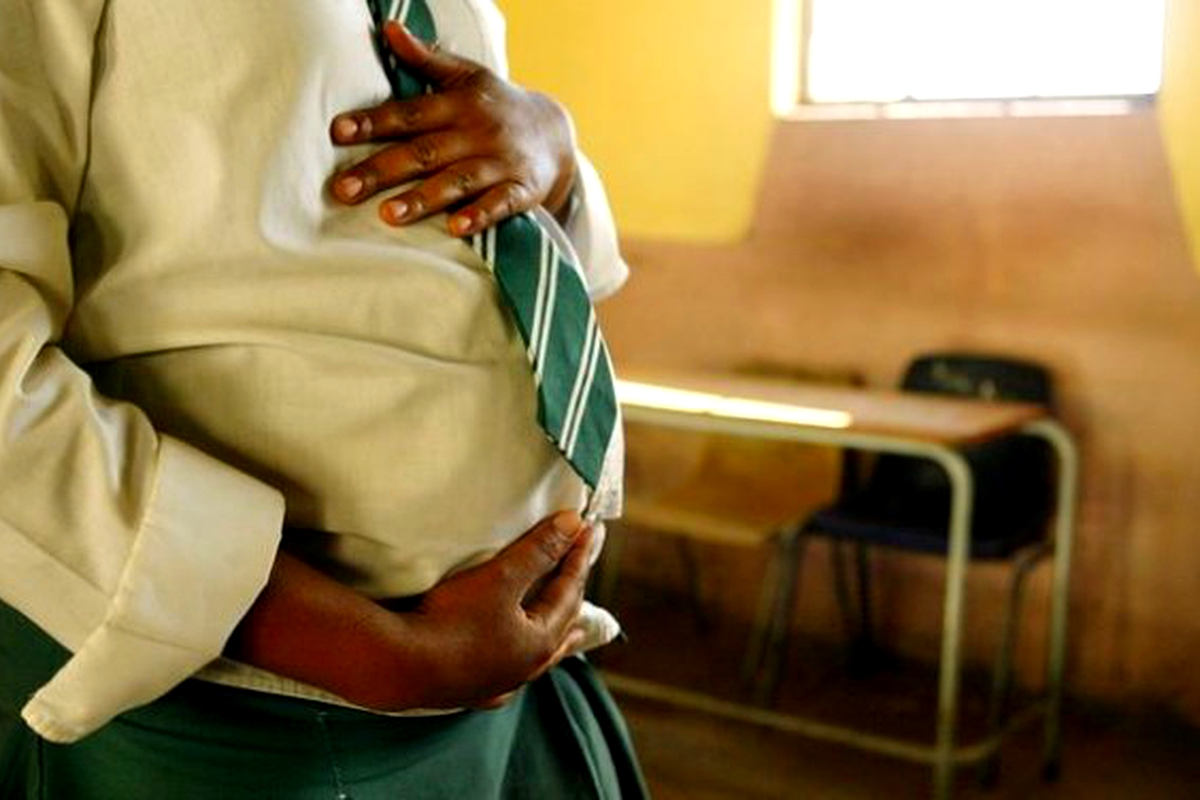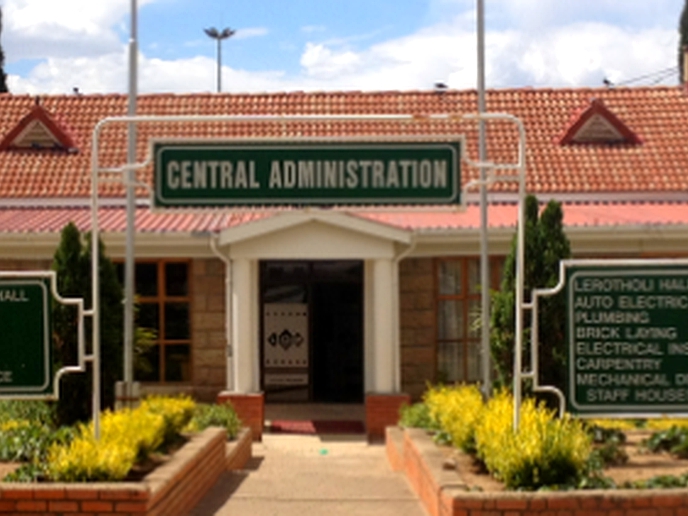MASERU – Teenage pregnancy has become a concern for Lesotho as the number of girls who drop out of school to raise newborn babies escalates, and according to the Lesotho Demographic Health Survey (LDHS) of 2014, teenage pregnancy in the country is recorded at 19 percent.
health
Dec. 17, 2019
GERARD MOLUPE
5 min read
Teenage pregnancy: A growing concern

Most affected places, the survey shows, are located in the highlands of the country where health services are hard to reach.
Adolescent Health Programmes Manager at the Ministry of Health, ’Mathato Nkuatsana, says the ministry has since put in place several programmes to help curb teenage pregnancy in Lesotho.
These programmes include Comprehensive Sexual Education in and out of school as well as an Anti-Child Marriage Campaign Outreach Programme to scale up family planning services for adolescents and young people.
Mrs Nkuatsana says her ministry also advocates for social behavioural change messages and condom distribution by civil society organisations, adding there are also adolescent health corners established in all hospitals in the country except for the Quthing district.
Chief Ntsane Makopela of Ha Makopela, in the Tšanatalana Community Council, says they struggle a lot with teenage pregnancy in the area.
He says it affects mostly girls aged between 13-14 years old after they have just sat for their Standard 7 examination.
Emerging social trends in modern-day life have influenced the way young people approach life, and the chief says young girls resort to sexual relationships with older married men to finance these trends that require them to be seen and active – especially in social media platforms.
“This leads to our young girls enticed to exchanging sexual favours with married men for money to buy data and airtime to be visible in the social media space,” the chief notes, adding “and they end up being impregnated by these men.”
He says poverty has contributed significantly to teenage pregnancy rate within his council where girls drop out of school because they cannot afford a pair of school uniform and opt out of school.
Enjoy our daily newsletter from today
Access exclusive newsletters, along with previews of new media releases.
“You will find a school-age going girl roaming the street here claiming she does not have shoes or uniform,” Chief Makopela says, adding that they have written letters soliciting resources to help take those girls back to school.
The Chief says they advise such girls to go back to school once they have secured resources to help them further their studies.
“Once these girls are out of school, they get bored and at the end of the day indulge in unsafe sex and unfortunately contract Sexually Transmitted Infections (STIs) such as HIV/AIDS,” he said.
A joint UN programme on HIV and AIDS (UNAIDS) shows that in 2018, 340 000 people were living with HIV and the percentage of people living with HIV/AIDS amongst adults (15- 49 years) was 23.6 percent.
The statistics further show that 13 000 people were newly infected with HIV while 6 100 died from an AIDS-related illness.
Chief Makopela says there was a harrowing number of incidents where the girls leave their children with their grandparents and go to South Africa to seek employment as domestic workers, “because they are unwed and mothers at an early age and have to fend for themselves.”
He says they usually hold public gatherings to sensitise parents about teenage pregnancy, during which they remind parents that once these girls get impregnated, their education journey usually comes to a halt.
He also indicates that sometimes girls have to travel long distances on foot to get to their schools and this unfortunately frustrates their desire to study further.
Tšanatalana Community Council chairman, Emile Tekane, says they are aware of the teenage pregnancy plaguing his council, which he shows has forced them to establish support group committees in different villages under his council where they sensitise young girls about the effects of teenage pregnancy.
“We work closely with the health ministry to pass the message to youngsters,” he says.
Mr Tekane says school-going children stay in rented homes to be closer to their schools, and that this allowed children more freedom to do as they please, cohabit and end up pregnant.
“Teachers are also gravely concerned by this behavior,” he says.
He adds: “Teachers have asked us to visit the learners in their rented homes unannounced so that we could see how they live.”
He notes that young school girls do not hesitate to accost men and ask them for money to buy some goodies, particularly food items.
“I do not know if this is driven by poverty or what?” he jokes.
Lerato Molise from Ha Ramokoatsi, also in the Tšanatalana Community Council, says she fell pregnant when she was just 17 years old - at that time she was about to write her Junior Certificate (JC) final exams.
Further narrating her ordeal, a heart-broken Ms Molise says after she fell pregnant, she was knew she would not be able to further her studies. She says she used to walk together with her ex-boyfriend to and from school during winter vacations when other children were staying at home.
Ms Molise says she found herself impregnated by her ex-boyfriend who afterwards turned his back on her. “I have never been so humiliated like that in my life. I rued the day I was born,” she says.
She says her mother was living in South Africa to try to put her through education when the ‘misfortune’ befell her.
“Apparently, it was obvious that it was the end of my education journey because I had to raise my child,” she says.
Raising the child, Molise says, was one of the toughest experiences of her life because the infant needed to be clothed and fed, which are hardly afforded if one does not work.
“Sometimes I had to take the child to the doctor. It was a tough experience because I was afraid to ask anything from my mother,” Ms Molise recalls with a sore heart.
With her hard-earned money, her mother decided to enroll her in a catering school so that she could be able to generate some income for her child. Today, she runs her own small catering company in the capital Maseru but wounds of teenage pregnancy are still livid in her head.
Tailored for you






